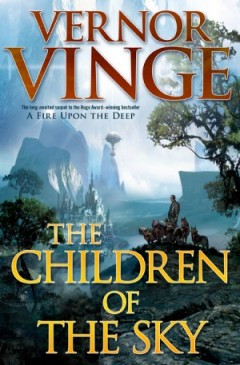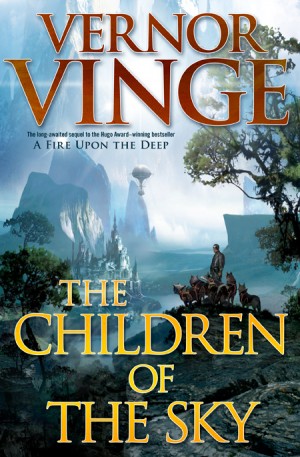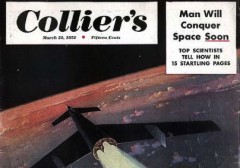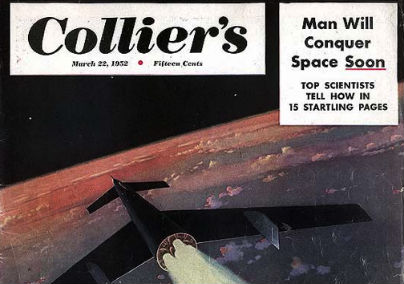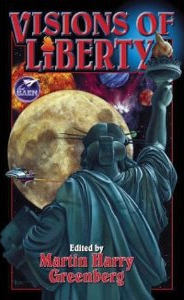
The Libertarian Futurist Society issued a press release on Friday, July 13th, announcing the winners (plural) of the 2012 Prometheus Award for Best Libertarian Novel.
The winners and finalists, with links to our reviews:
The Winners
- Ready Player One by Ernest Cline
- The Freedom Maze by Delia Sherman (consistently came in last in voting for our Lightmonthly Read selection; not yet reviewed)
The Finalists
- The Children of the Sky by Vernor Vinge
- In the Shadow of Ares by Thomas L. James and Carl C. Carlsson
- The Restoration Game by Ken MacLeod
- Snuff by Terry Pratchett (our current Lightmonthly Read; review coming in early August)
The 2012 Prometheus Hall of Fame Award winner is “The Machine Stops” by E.M. Forster.
Our Take
We’re not sure we would have recommended any of the finalists for the Prometheus Award this year.
We haven’t read The Freedom Maze yet, so we can’t question its selection as a co-winner. Maybe it is worthy and we’ll discover this if and when we get around to reading it. Clearly it meets the criteria of the LFS voting membership.
While we enjoyed Ready Player One we do not think it was libertarian enough to qualify for the Prometheus Award. The same goes for The Children of the Sky and The Restoration Game.
While In the Shadow of Ares was libertarian enough, and apparently written by actual libertarians (unlike many Prometheus Award winners), and we enjoyed it, we do think the writing quality was not quite there. The authors are ones to keep an eye on, however.
We’re currently reading Snuff and, as one would expect from Terry Pratchett, it is well written. Whether we think it is unambiguously libertarian enough remains to be seen. We’ll publish a review in early August.
We’d love to publish a review of Delia Sherman’s The Freedom Maze, if anyone is interested in submitting one.


